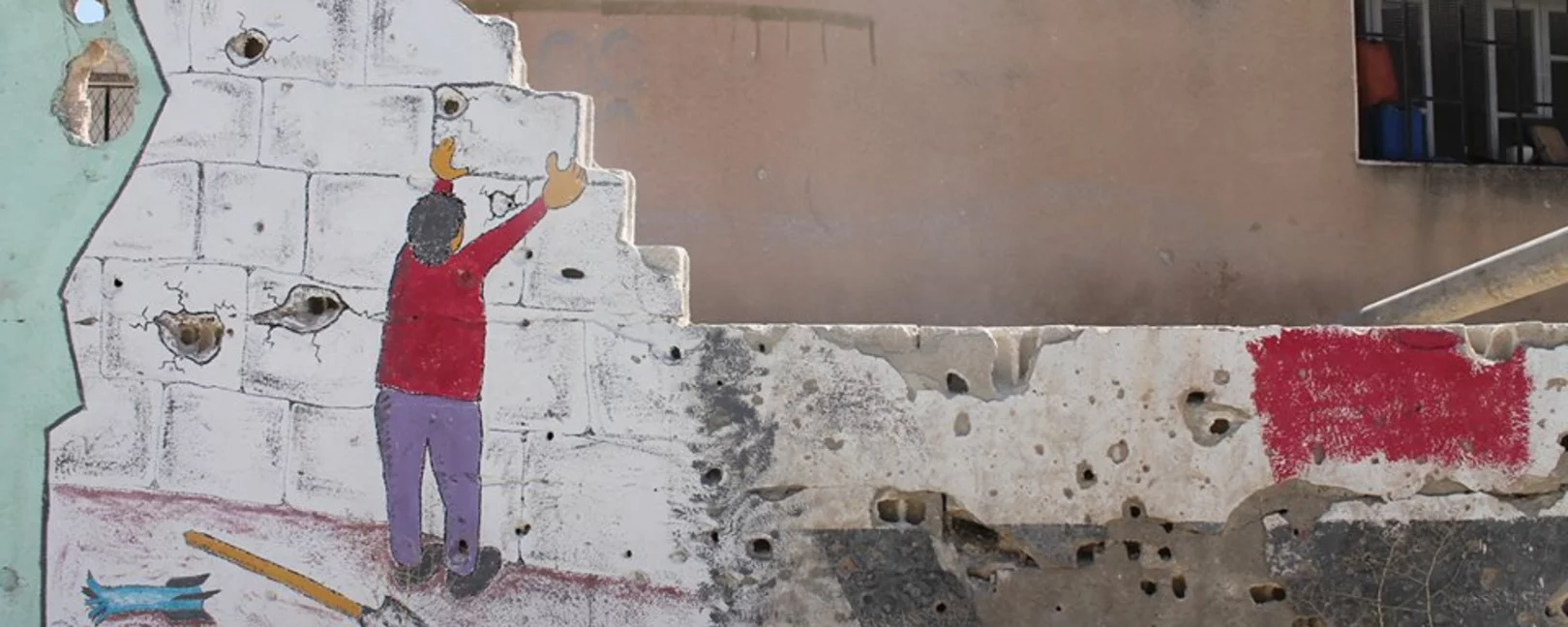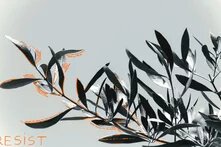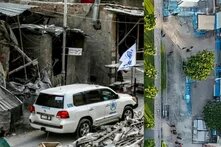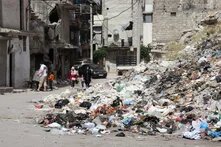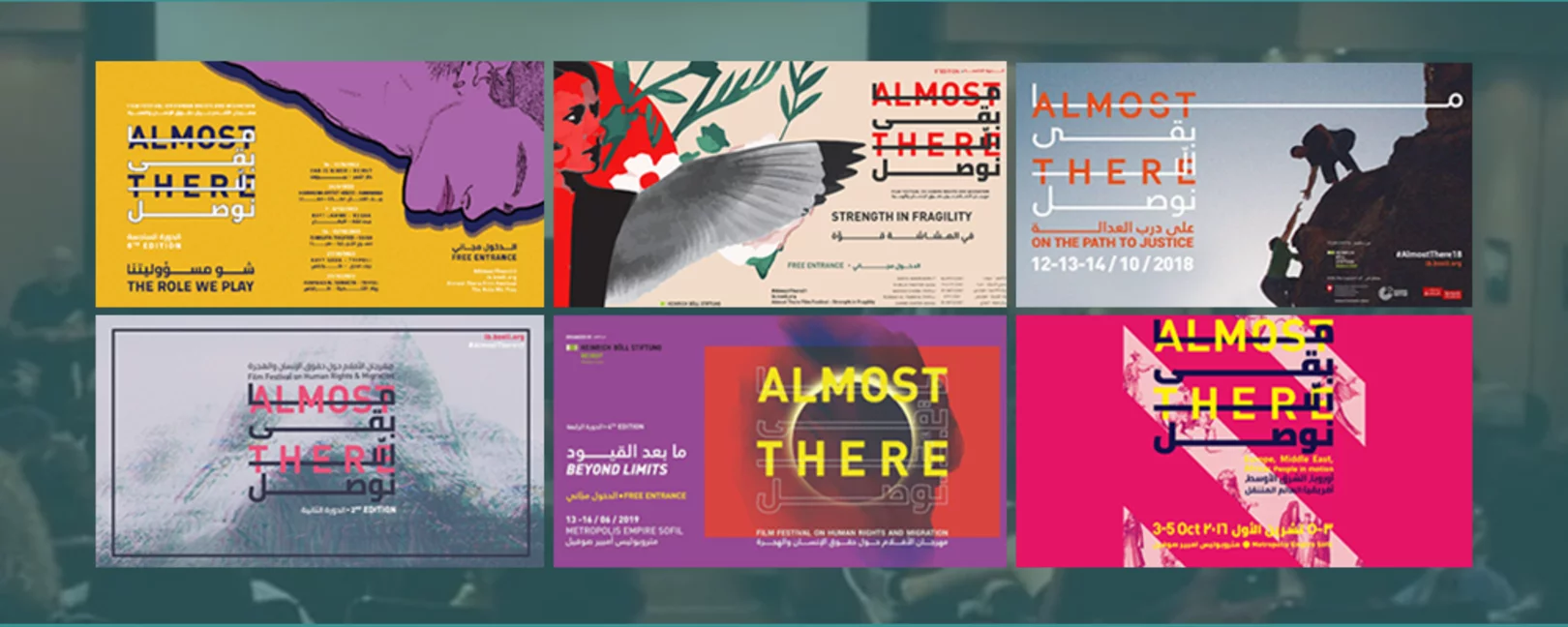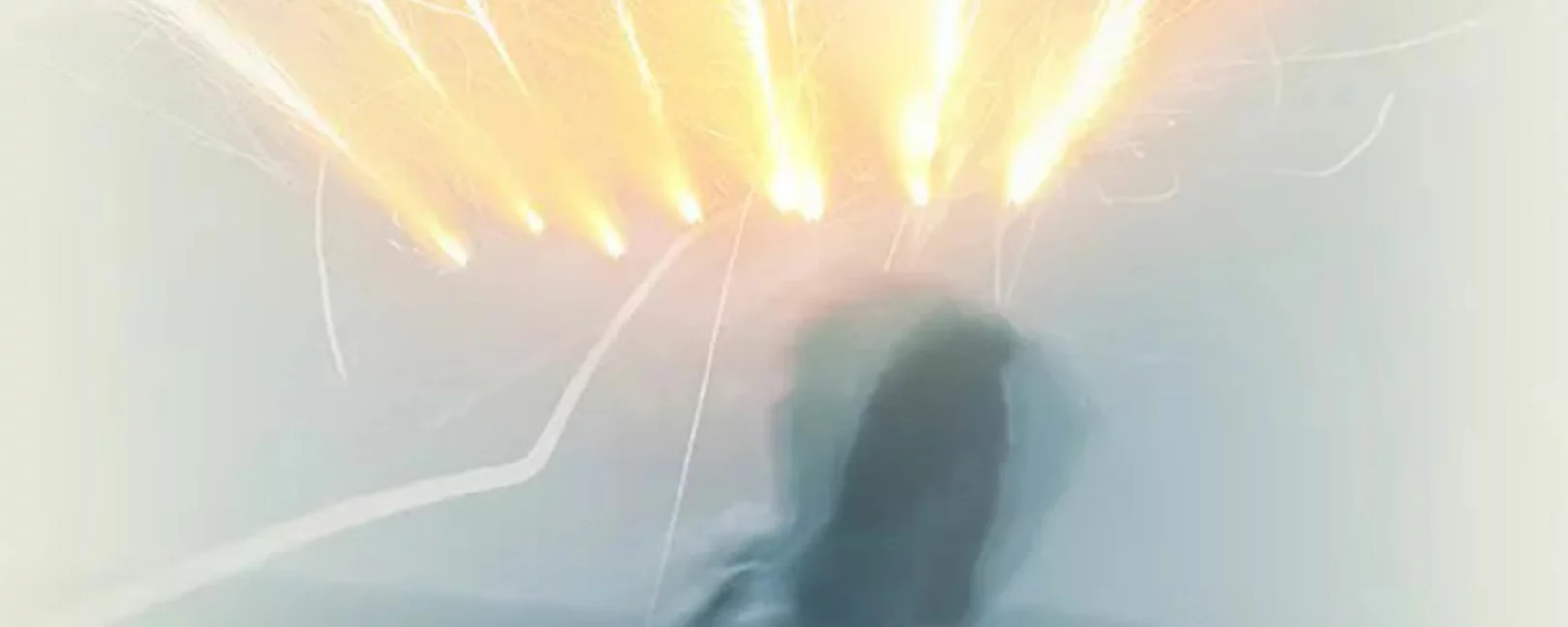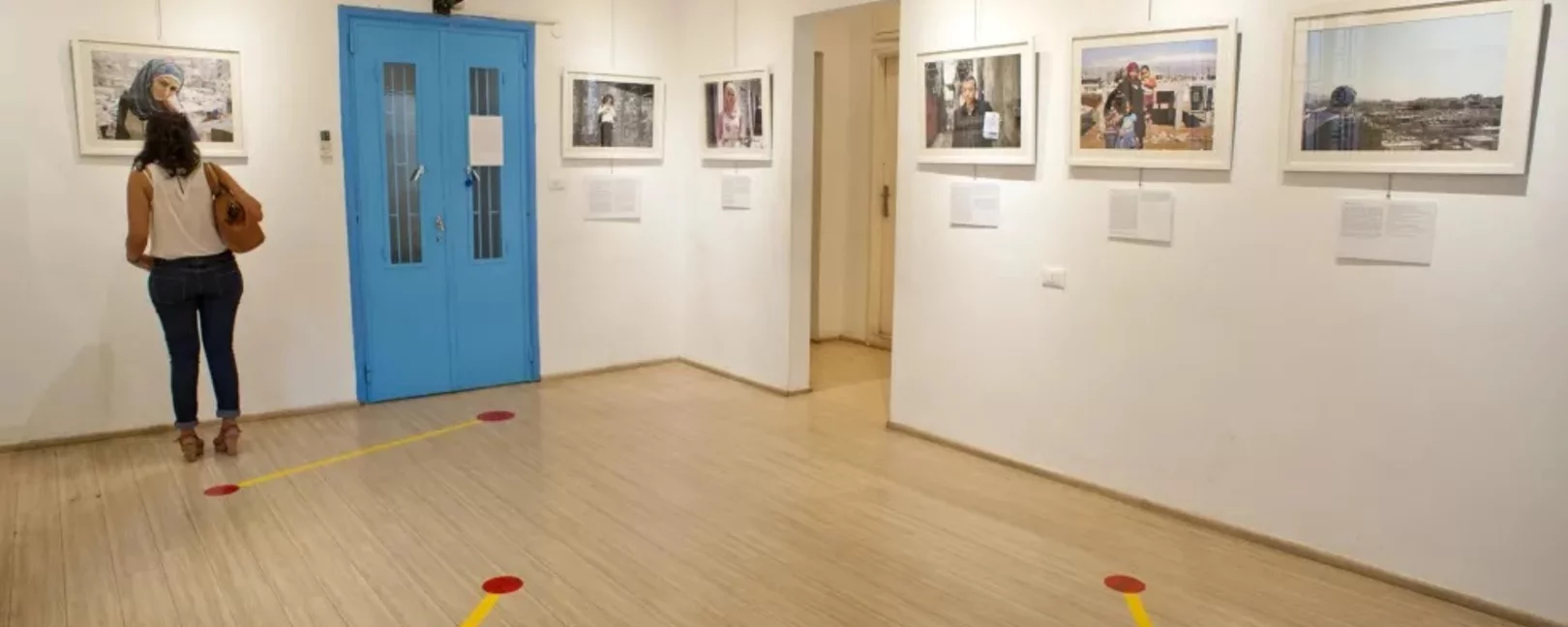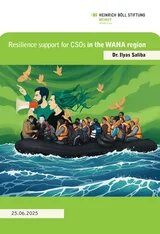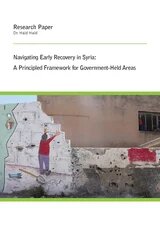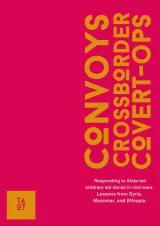Justice, as the opposite of impunity, is a prerequisite for sustainable and stable peace. Human rights defenders, lawyers and activists from the Middle East seek to hold human rights’ perpetrators accountable. Where the perpetrators are state actors protected by political immunity, human rights defenders resort to justice mechanisms abroad, such as through the principle of universal jurisdiction.
For justice to last, each country has to follow its individual path to justice, recognizing its local voices and diversity. If societal groups feel excluded from justice processes, not justice but another case of injustice will be experienced.
Therefore, the program justice and accountability supports initiatives that demand accountability and formulate visions for a future by bringing together different actors on their paths to justice. International dialogue, documentation and advocacy initiatives are at heart of this work.
Projects
The deeper we dug with Tim into the stories of joy coupled with the losses, of hopes nipped in the bud yet re-emerging, the more we were convinced that this way, of not only sharing impressions but displaying the sweet and sour broader context of the reality behind these photos, really matters. For that, we paired Tim with Syrian writer and rapper Hani Al Sawah whose words helped create a personal narrative telling the story. The collaborative work speaks volumes about civilians doing what any civilian should be doing - living. Buying and selling. Diving into the unknown. Fishing. Barbecuing. Celebrating weddings and public holidays. Or for children: learning at school or simply spending time at a playground.
Objects are, depending on the situation you find yourself in, more than mere objects. For those who leave their home in a hast, who leave for good and to an uncertain future, something that they brought from home might be a line to connect them to their old life and habits, to their family and an environment that they are not part of any longer – or that ceased to exist. Photographer Marta Bogdanska met Syrian refugees and asked them to show her an object or a memory that still connects them to their former lives and share their stories around this object. Someone has a favourite sweater. Another one scars reminding him what he went through to reach where he is. Somebody else a trivial plastic lighter. The exhibition was first shown in Beirut in May 2015 and now is on display here.
